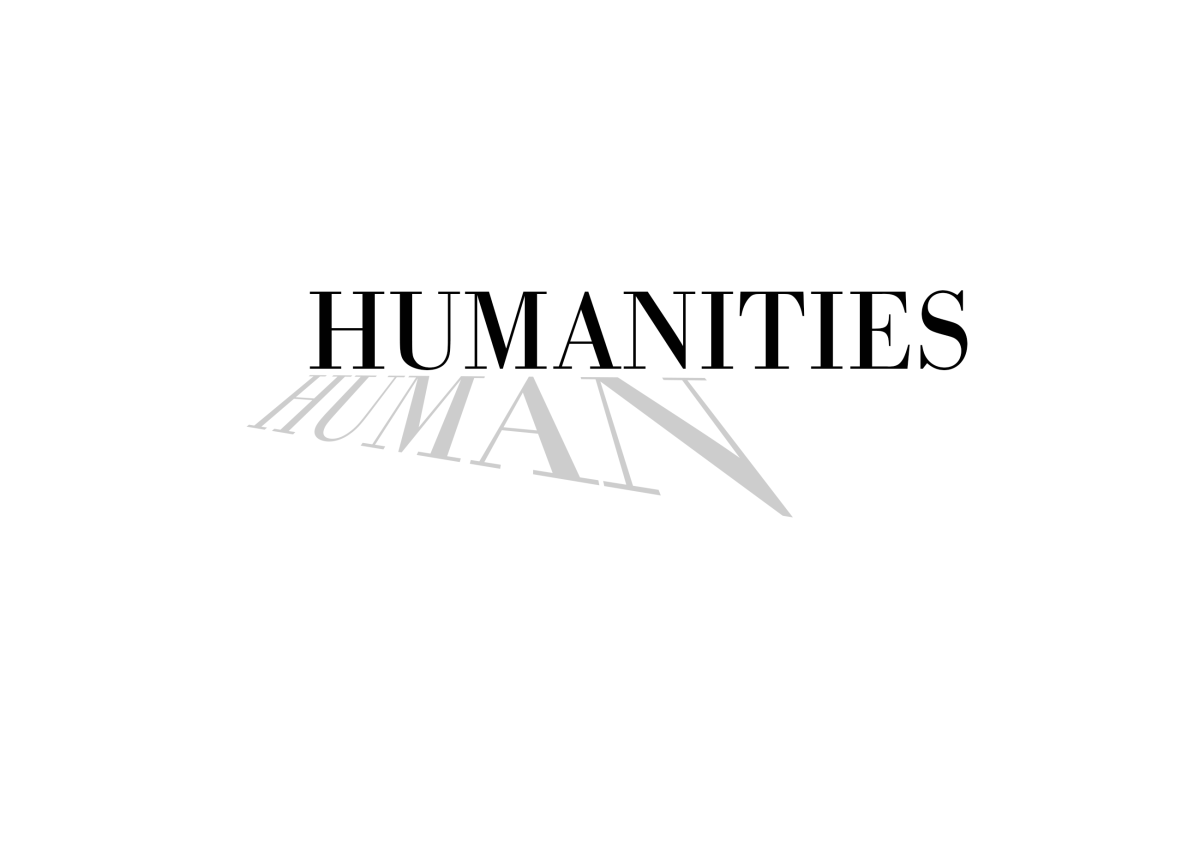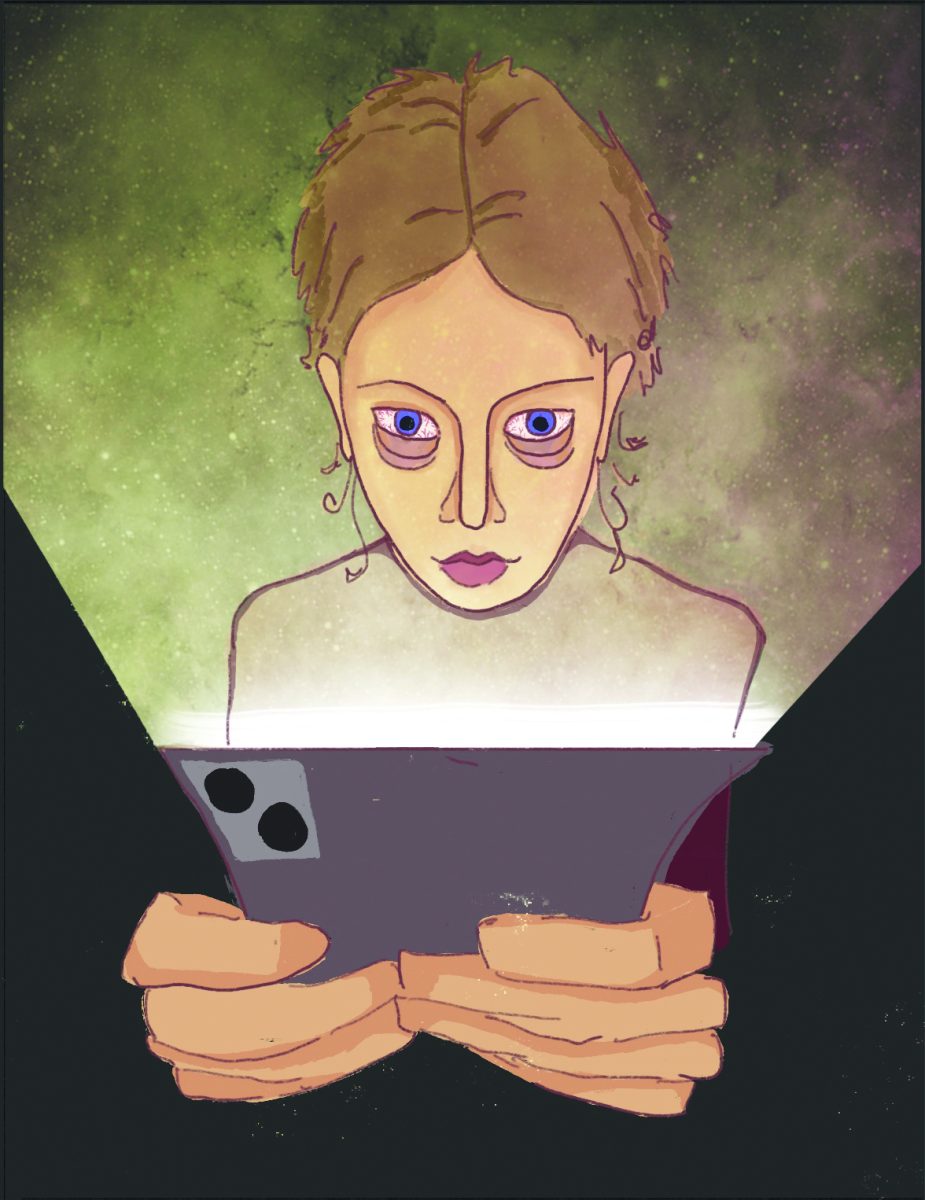
In the wake of a group of pro-Trump insurrectionists storming the Capitol on Jan. 6, questions have been raised about the culpability of social media companies, who allowed misinformation to spread largely unobstructed on their platforms. Following his electoral loss, Trump and his campaign made unsubstantiated claims on social media about massive election fraud costing him the election, including several tweets urging supporters to “stop the steal.” In December, Trump tweeted, “Big protest in D.C. on Jan. 6. Be there, will be wild!” and when a supporter said that “cavalry” was coming to aid Trump, he responded that he was honored.
In response to backlash over their perceived inaction, Facebook and Twitter banned Trump from their sites. Other companies rapidly followed suit, with YouTube, TikTok, GoFundMe and Snapchat coming out with bans of their own. The sites also disabled over 70,000 accounts that were peddling QAnon theories of mass election fraud orchestrated by Satan-worshipping pedophiles.
The UltraViolet editorial board supports the restrictions imposed by Twitter, Facebook and other platforms to maintain public safety.
First, to get the issue out of the way: no, the bans are not a violation of the First Amendment, which prohibits only government censorship. In fact, there are no laws at all barring private companies from refusing Trump and others a voice on their platform. Chuck Johnson was banned from Twitter in 2015 for making death threats against civil rights activist DeRay McKesson, and Milo Yiannopoulos followed a year later after urging his supporters to harass comedian Leslie Jones.
The question remains, however, whether tech companies ought to ban extremist political expression on their sites. Many Republican officials, including former Secretary of State Mike Pompeo and Senators Marco Rubio (R-FL) and Ted Cruz (R-TX) blasted Twitter’s decision. Even some outside of Trump’s circles, like the American Civil Liberties Union’s Kate Ruane and German chancellor Angela Merkel, with whom Trump has historically had a frosty relationship, condemned the move, arguing it set a dangerous precedent for free speech.
As a newspaper dedicated to the maintenance of a free press and fair coverage, we take seriously any potential threat to those values. But the criticism’s premise, that the move is an unprecedented step towards silencing political figures, is faulty. This was far from the first time social media platforms have banned prominent political figures for hateful or misleading speech. In addition to right-wing commentators like Yiannopoulos, powerful government officials, including the leader of Myanmar’s armed forces Senior General Min Aung Hlaing, have received bans for spreading misinformation. Neither were the 70,000 QAnon accounts receiving bans anywhere near the most in history; from 2015 to 2017, Twitter banned well over a million accounts associated with terrorist activity. And what followed was not an erosion of open political discourse online. Rather, bigots and murderers no longer had a platform to spread hate.
And Trump’s ban will certainly not restrain his speech. Even after his ban, he was consistently making news headlines, and even communicated with the nation through the official White House twitter. Any concerns about limiting a sitting president’s access to their people are resolved by the myriad of other connections the president has to American citizens.
But regardless, Trump’s ban is doubtlessly warranted. An unprecedented action justifies an unprecedented response; never before in history has our capitol been invaded at the urging of a sitting president. His incitement of violence has left 5 people dead and has dangerously eroded our democratic institutions. And while there will always be other sites and forums where QAnon supporters can congregate, removing them from mainstream sites limits their reach; according to Zignal Labs, following the bans from major social media sites misinformation about the election online dropped 73%, from 2.5 million posts on Jan. 9 to just 688,000 on Jan. 15.
Certainly, there are some valid concerns about potential abuses of power by large tech companies. Russian pro-democracy advocate Alexei Nalvany raised concerns over the lack of transparency in how social media companies decide who to ban and why, and the moral inconsistency of banning Trump while allowing Russian propaganda and misinformation surrounding the COVID-19 pandemic to fester, the latter of which has contributed to thousands of unnecessary deaths. Yet the solution appears to be, if anything, more aggressive (and more transparent) bans and suspensions, not a reversal of the Trump decision. The fact that others also spread deadly misinformation is a reason for social media companies to start actually enforcing their terms of service, instead of allowing lies and hate to run rampant on their networks. And while a more transparent system is a crucial safeguard against insidious restrictions, and one that ought to be implemented in the near future, such a system would arrive at the same conclusion as this one: that Trump was using Twitter as a megaphone through which to call for an insurrection that endangered lives and act upon his authoritarian impulses.
We at the UltraViolet know the importance of free discourse, and understand that differences of opinion are the sign of a healthy democracy. But when blatantly false, bigoted speech jeopardizes others’ lives and freedoms, we ought not expect private companies to elevate it.










